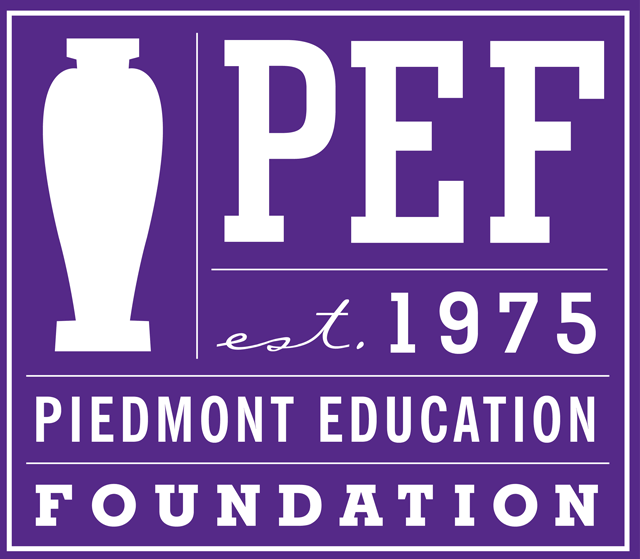Ken Brown, Social Studies teacher at Millennium High School
What was your path to becoming a teacher?
I became a teacher at 35 years of age. Prior to this, I was a project manager for a construction company building semiconductor and biopharmaceutical facilities throughout the Bay Area. I was successful in my profession and making a lot of money, but at the same time I was unsatisfied and left feeling empty and uninspired. I knew I needed to find a way to get paid doing what I loved. I have always been a coach of athletics and worked with kids, and I’ve always loved studying history and what it means to be human. In 2006 I began talking to my wife about changing careers. Eventually I left my job, went back to college, earning both a history degree and a teaching credential, and in 2010 I was hired in PUSD.
What brings you the most joy about your work?
I sincerely believe that I have the best job in the district. I get to work with inspiring professionals who pour their hearts into the kids each day. I get to build genuine relationships with students and listen to their thinking develop over time. As the only social studies teacher at Millennium, I teach each student for four years. A lot happens during that time, and I enjoy the conversations we have about the good, the bad, and the ugly things that take place in their lives and the world around them. I’ve never had such a rewarding job.
How do class sizes influence your work?
Students often describe Millennium High as being “small,” “family,” “community,” and “caring.” I’m proud and fortunate to work in a learning community in which teenagers use those words to describe their school. It is because we have small class sizes that we as teachers have the space to build the relationships and provide the individual instruction that helps students feel supported and cared for.
How does technology impact your students?
In 2013 Millennium was the first school in the district to provide Chromebooks to each student. Since then, students have been using technology on a daily basis to research and generate work. I enjoy teaching students the programs and skills that allow them to produce work they would be proud to display publicly. These are the expectations and skills they’ll be putting to use in the professional world.
How do other educational specialists, like PE instructors and librarians, impact your work?
My job would be nearly impossible without the partnership with the Special Education Department at the site and district levels. It takes a village. I am grateful to work in a district and a community that takes seriously the mandate to provide an equitable and inclusive learning environment for all students. The work done within the Special Education department allows me to understand my students better and create learning activities that are accessible and relevant to students’ lives.
What do you find most challenging about being a teacher?
The most challenging thing about being a teacher is being there when kids go through difficult things. You spend seven hours a day with kids for four straight years, and you’re there with them through a lot of ups and downs. It’s real life. Sometimes I don’t know how to respond when I get home, and my wife asks how my day has been. It’s difficult to explain the gauntlet of emotions I’ve gone through with the kids.
What is the most meaningful thing a student has said to you?
During our graduation ceremony, each student gets a few minutes on stage to give a graduation speech. I broke down a few years ago when a student told me I made her feel smart. Unfortunately many of our students have had experiences that have left them lacking in confidence around their academic abilities. That student’s words helped make clear what my purpose is as their teacher.

